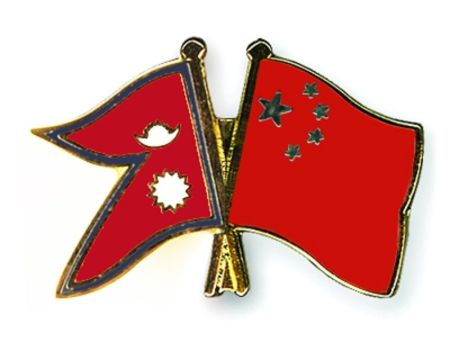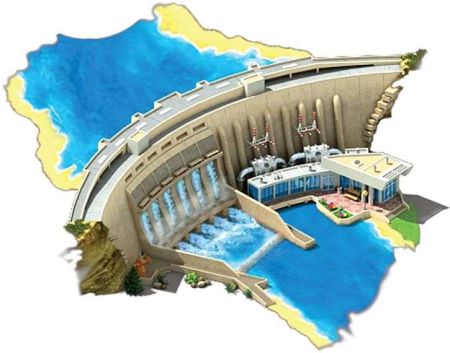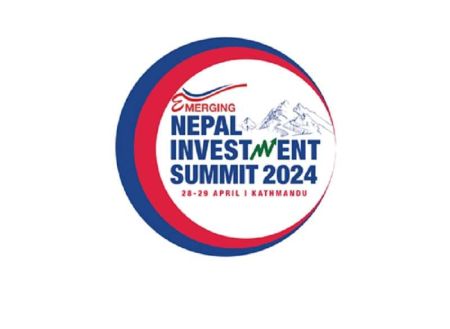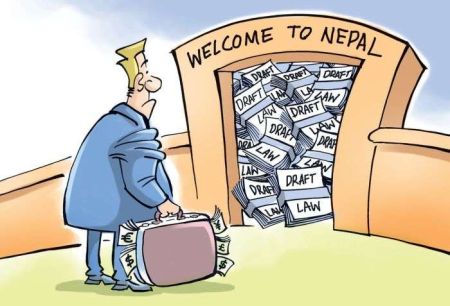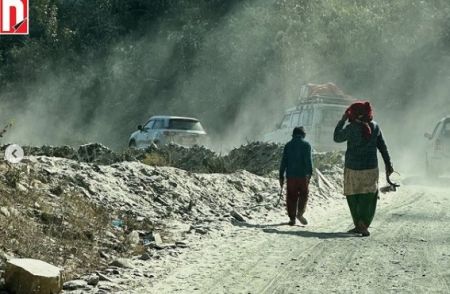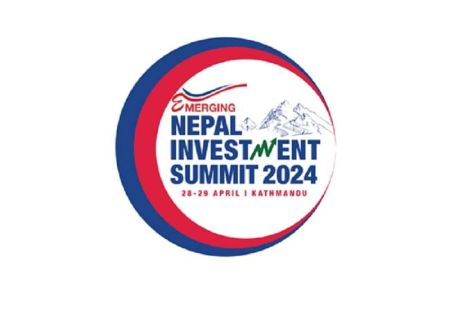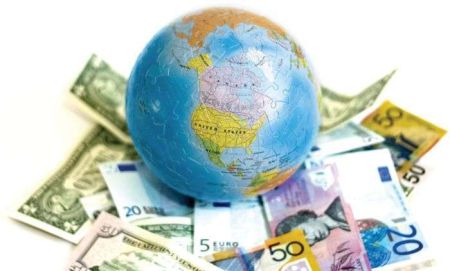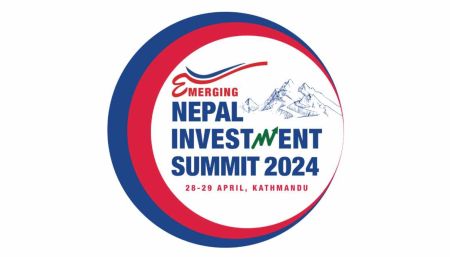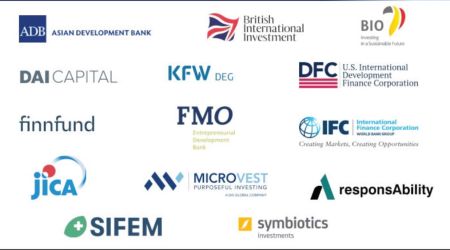What is the present status of the manufacturing sector in Nepal?
The market for both consumable goods and durables has been growing and expanding in the international arena. Growth of manufacturing sector ensures overall economic growth. As a result, demand for both consumable goods and capital goods increases. Demand of consumable and capital goods has been growing globally. That is why we can say that the manufacturing sector has been growing the world over. But the problem is that though the demand for these goods is rising globally, production of these goods has centred around booming economies like China and India. As far as Nepal is concerned, we are in a very sorry state in manufacturing sector. Leave alone the possibility of expansion; even the goods that we used to manufacture in our own country have been displaced. For example, we used to produce fabrics in our country but Chinese readymade clothing available at cheaper prices has now replaced them. There were about 35 factories owned by the government but most of these public sector industries have shut down. We were the third largest jute producers in the world at one point of time. The health of our oldest factory, Biratnagar Jute Mill, has been deteriorating with the production and profit of this factory nosediving. The carpet industry used to contribute 20-22 per cent towards our national income but this percentage has been witnessing a downward trend. The contribution of the private sector is not very satisfactory.

How do you analyse the growth of the manufacturing sector in Nepal?
Had our factories used our own resources or inputs, it would have yielded high value. But our manufacturing industry has been providing more of an assembling facility to intermediary products that we bring from international market rather than producing goods by ourselves. If we analyse the history of the growth of manufacturing sector in Nepal, the industrial development that began from the 1980s started to expand from 1990's revolution with the radical shift in power and the country adopting the path of democracy and liberalism. We had significant growth in the manufacturing sector from 1995 to 2002. The growth was up to 20 per cent. But after 2002, the contribution of manufacturing sector has been even lesser than the contribution of agriculture. Nepal hasn’t been able to exploit its position between the two economic giants.
What are the impediments for investing in the manufacturing sector?
Like water, capital flows to a place where there is favourable investment environment. The movement of capital can neither be controlled nor stopped. We have been witnessing that the factories that were opened in our country have now shifted to places like Himachal Pradesh in India because the environment of Nepal is not investment-friendly. A number of causes are responsible for this local market, international market, labour issues, tax policy, political instability, insecurity, lack of basic infrastructure etc. The private sector claims that labour issues and government bureaucracy are the key hurdles for industrial growth. Nepal's labour productivity is one of the lowest in the world and lack of skilled manpower has been the greatest challenge for industries. The labour situation is so bad that they are hiring Indian nationals to run their industries. Besides, there are labour unions to worsen the situation. Energy crisis is another major problem for us as we have to face 18 to 20 hours power outage a day. This goes to prove that we donâte have consistent policies and the policies change with every new government that takes charge. Cartels and syndicates are some other problems that plague the sector. Lack of basic infrastructures like roads, water, etc is something that we all know about. Industrial development is impossible without these basic infrastructures.
A lot of corporate houses previously involved in manufacturing have been shifting to the service sector. Can an economy sustain based on the service sector and imported goods?
According to economic theories, the growth in the size of an economy results in the expansion of its service sector. Investment moves from one sector to another on the basis of two factors: risk and profit. At present, investment in the manufacturing sector involves very high risk as there are number of impediments involved. Most of our industries are located in the three industrial corridors of Nepal first, from Itahari to Rani, the second from Hetauda to Birgunj and the third from Butwal to Sunauli because these places have better arrangement of infrastructures like roads, water and electricity connection. So, even though an economy cannot sustain with a growth in the service sector alone, capital has moved to this sector in Nepal as it involves less risk and high rate of return. Until the impediments are cleared, investment in manufacturing sector will not materialise.
Why can’t agriculture be developed as an important industry in our country? Our agriculture sector has not been able to create demand because it is not vibrant enough. The greatest challenge in the agriculture sector is the labour problem. Youths have left their villages for opportunities in the cities or outside the country and fertile lands have either turned barren or have shifted to permanent cropping. The consumption demand is growing in the villages due to remittance inflow and not because of the contribution of agriculture.
How can we reach the level of sustainability or even export Nepal's manufactured goods to the international market?
There are a few aspects to consider before we think about expanding the market of our products to the international level. The first is the quality of our products. Can our products stand on the same level compared to similar products available in the international market? Can we sell our products at a competitive price? For this, the cost of production should be low. High labour and management efficiency in addition to cheap capital can decrease the production cost. But, the scenario in our country is just the opposite and hence, there are a very few products with this possibility. Take the example of honey which we used to export to Europe not too long ago. But Europe no longer accepts our honey as they found traces of insecticides in it. We don’t have a facility to test it and certify that our honey is pure. Similarly, Nepalis in general do not show strong trait of entrepreneurship. One of the economics theories states that a refugee has a greater possibility of becoming a good entrepreneur than any other person. Even the history shows that people who have left their countries with a determination to go through hardships have become successful entrepreneurs. Second, the theory claims that certain caste or creed have better entrepreneurial skills than others. Nepali entrepreneurs belonging to Thakali and Newar castes have not been able to groom themselves as international businessmen like the Marwaris have. Most of the countries in the world have China Towns that are famous for Chinese food. In the same manner, Thakalis too can promote their authentic dishes in the international market. The Nepalis in general should also use their natural skills and groom themselves to earn respect in the international arena.
Despite all these barriers, do you see possibilities that can take Nepal on the way to prosperity?
One sector with tremendous possibility is limestone as we are very rich in this resource. If we can use limestone and subsitute the import of cement, we can save a considerable amount of foreign currency. However, this sector hasn't developed the way it should have. Besides limestone, hydropower, tourism, medicinal herbs etc are other possibilities that we can explore.
When will we actually have favourable industrial and investment environment?
Political stability only can ensure favourable industrial and investment environment because it will ensure stable economic policies. But that is not enough. Investment will get attracted only when we have consistent policies and programmes and when the government is clear about private investments. The risk factor is high during political instability so let's hope that we achieve the same through constitution, an election and formation of a stable government. Though the country is following this path, the progress has been very slow. Similarly, labourers should be clear about both their rights and responsibilities. They are presently acting more like the political parties wings rather than institutions that must fight for the rights of labours. Similarly, quality people living abroad must return to build their own country. The government can take an initiative in this regard by guaranteeing employment, security and welfare to them in Nepal. It's certainly going to take some time to sort out these issues but we must not lose hope and remain optimistic.
What is the prospect of Nepalâ's manufacturing sector? What are the remedial measures you would like to recommend?
There is no way out other than utilising our competitive advantage. The greatest competitive advantage of Nepal is its location between the two emerging economic giants. We can certainly facilitate trade between China and India and at the same time, expand our economy by participating in theirs. We donâte have vast natural resources and the only resource we can take pride in is water, however, it is not a secured resource as it is in the grip of climate change. Tourism can be developed as a big industry while specialisation in agriculture can be another possibility. If we can process our medicinal herbs in our own country, it can contribute significantly to our national economy. The trend so far is that we sell our raw-materials at very low prices while buying processed items very expensively. The practice of herding and limping is another hitch because it hurts specialisation. If these aspects could be corrected, we can imagine a prosperous economy in our country in the foreseeable future.






